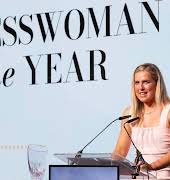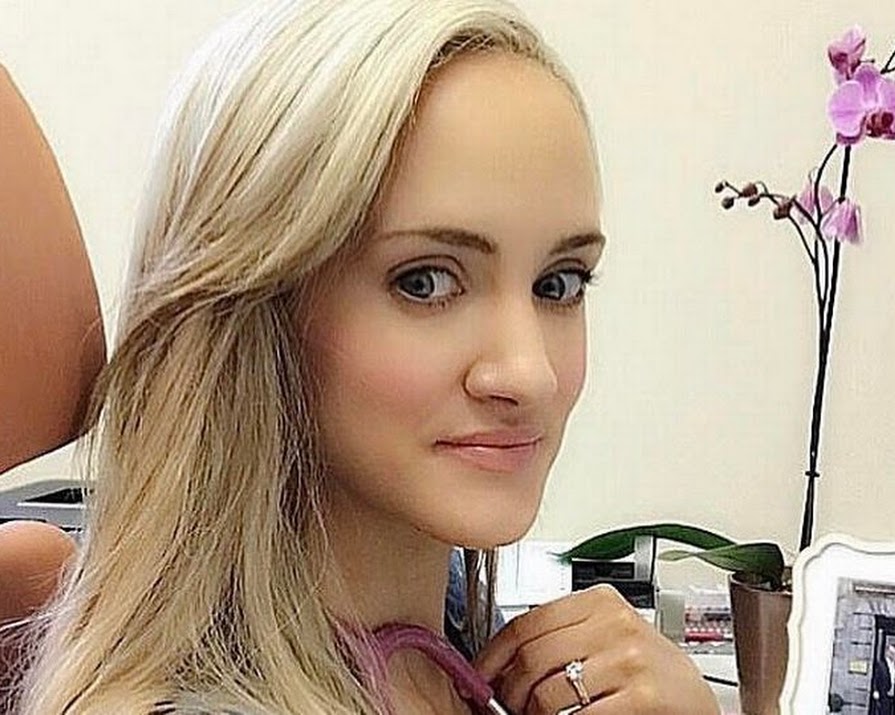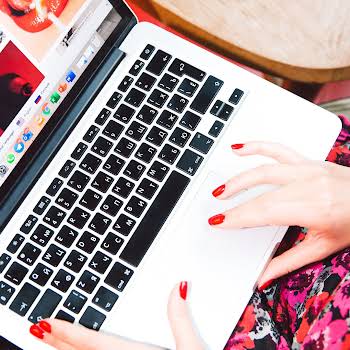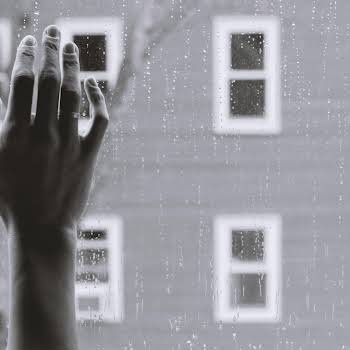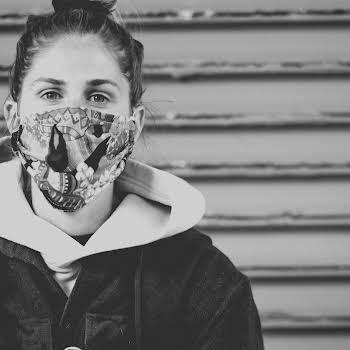Dr Doireann O’Leary: ‘People are confusing social distancing with self-isolation’
By Katie Byrne
14th May 2020
14th May 2020
People are slowly getting the message about the lifestyle changes they need to make to flatten the curve, says Dr Doireann O’Leary, but there’s a big difference between social distancing and self-isolation
In this ever-evolving pandemic, we’re all trying to get to grips with new concepts and unfamiliar terms.
And while we’re adapting to our new normal as best we can, there is still a lot of confusion surrounding the do’s and dont’s of our new, largely housebound, lifestyles.
“I think people are confusing self-isolation with social distancing,” explains Cork GP, Dr Doireann O’Leary. “Social distancing is not quarantine.
“Take today for example, I feel very well, I don’t have any symptoms, so I went to the shop this morning to get milk and I went for a walk. That’s allowed.
“I’ve seen people on social media getting in trouble for going outside. But you’re allowed to go for a walk or a hike, as long as you’re not showing any symptoms and you’re practising social distancing.”
And if you are showing symptoms?
“The key symptoms are cough, fever and shortness of breath,” she explains.
“If you have those symptoms, phone your GP, who will organise testing, but you must self-isolate and that means limiting contact as much as possible.
“That means staying at home and staying in one room in the house by yourself, using a different toilet to everyone else, and not sharing any utensils, be it cups, plates, knives, forks or towels.
“If you have rubbish in the room with you, keep it in the room with you and don’t dispose of it for 72 hours.
“You must wipe down the surfaces regularly in your room. You must wear a face mask if you’re in contact with anybody but, ideally, you wouldn’t be in contact with anyone.
“If a family member is bringing food to you they must leave it at your door. Ideally, only one person would be caring for you. That is strict self-isolation. And you must do that while you’re waiting for your test to be done.
“While you’re waiting for the test results you must self-isolate. And you can only stop self-isolating 14 days after your symptoms started or five days after your fever settles.”
But what if you’re sharing a small space with someone?
“If you’re sharing a small space with other people, and you’re showing symptoms, you need to limit contact with them as much as possible. So staying two meters apart and, again, not sharing plates, towels or anything like that.
“If you’re going to the toilet you should ideally text the person and leave it an hour apart from them. You bring your toothbrush to and from the bathroom with you and you wipe down all surfaces with antiseptic, including the shower, every time you use the bathroom.
“That’s strict self-isolation for people who have symptoms of coronavirus.”
And if you aren’t showing any symptoms?
“Then there is no reason for you to practise self-isolation. Instead, you practise social distancing, which is about limiting contact with others as much as you can — reducing social interaction, encouraging people to work from home if possible, not having house parties or get-togethers with other people.
“Not organising play dates for children. Avoiding visitors coming to the house. Cancelling all non-urgent or non-essential travel. Not going to the gym.
“But it’s okay to go for a walk or a hike or get out to the garden.
“If you’re well and healthy and you don’t have any symptoms you’re allowed to go for a walk. You’re allowed to go out and get your groceries, but it’s important that you stay two meters apart from people and that you don’t stop for chats.
“And ensure that you’re maintaining your good cough and sneeze etiquette and washing your hands.”
And if you’re living with a vulnerable person?
“This is where it gets confusing. If you’re living with a vulnerable person, don’t use public transport, avoid gatherings and avoid contact with children and elderly people. Really limit your social interaction.”
Read more: Sleep, uncertainty and social media: Dr Doireann O’Leary explains how to reduce Coronavirus anxiety
Read more: Stop saving things for ‘special occasions’. Now is the time to light that fancy candle
Read more: Coronavirus volunteering: Practical advice and guidance on how you can help





